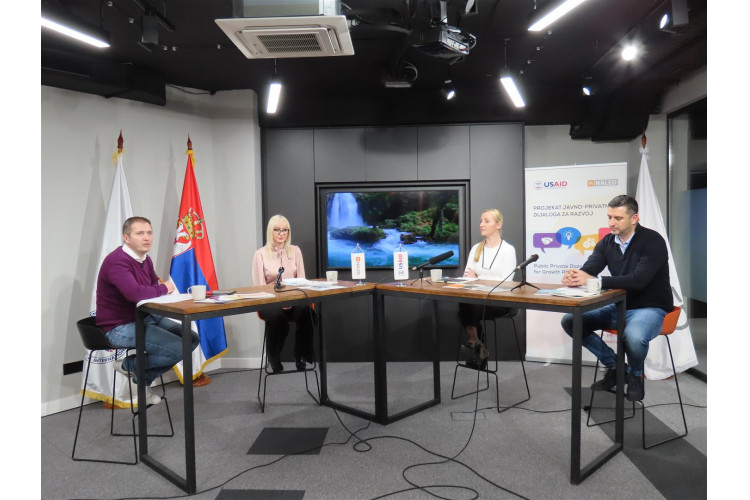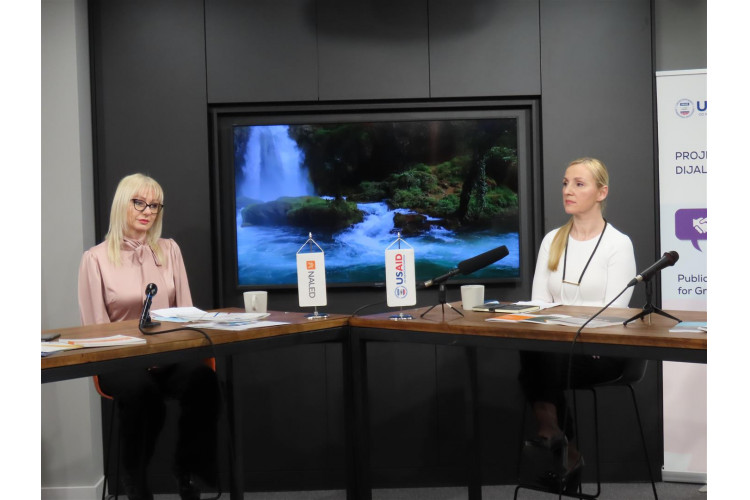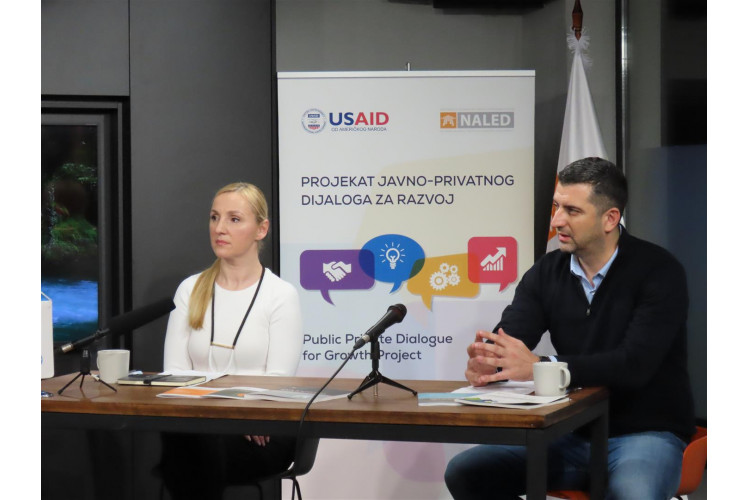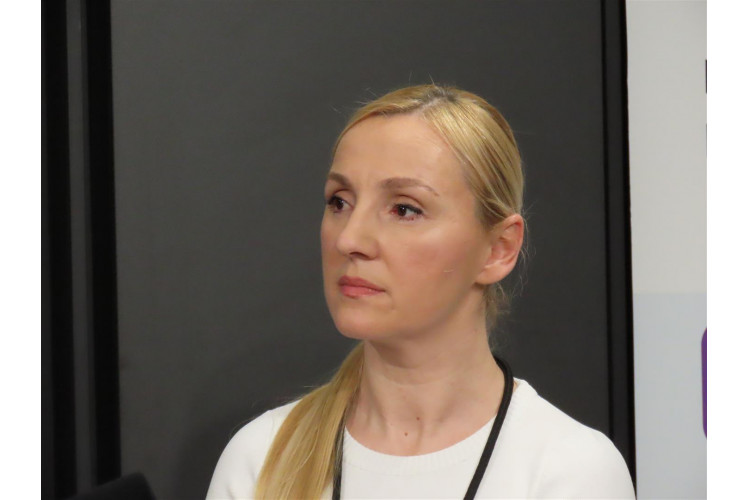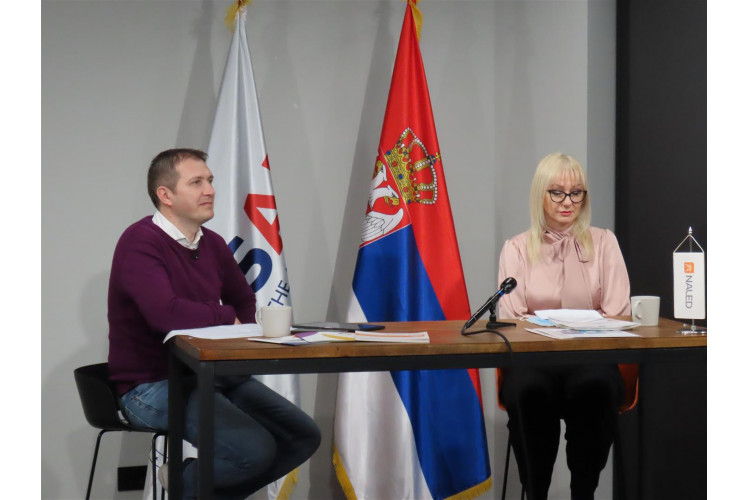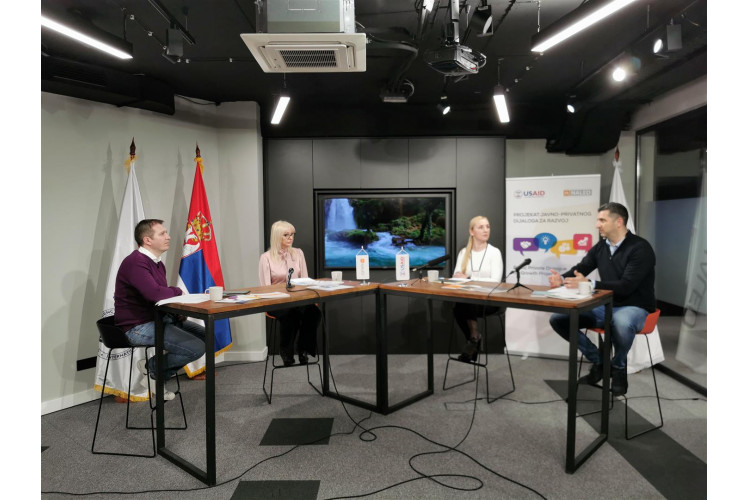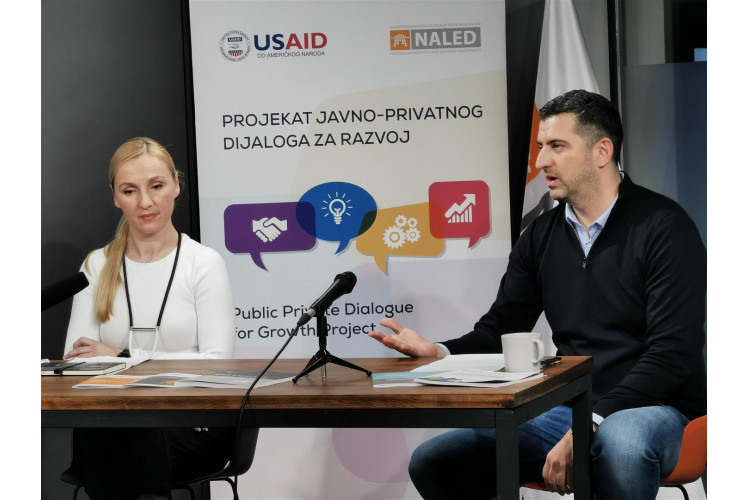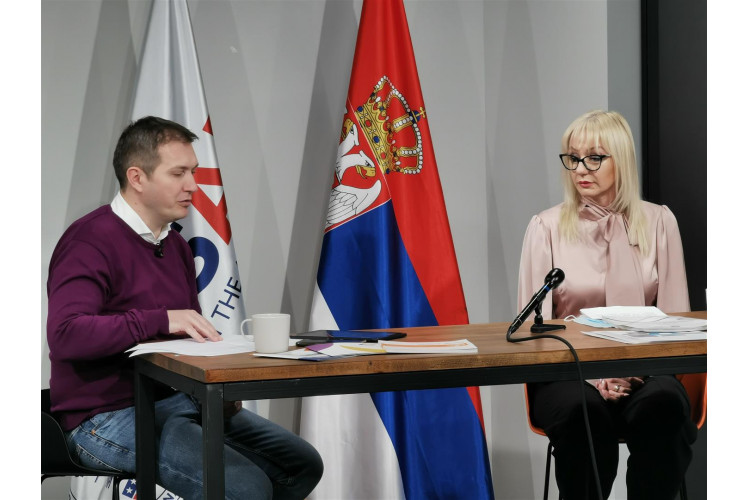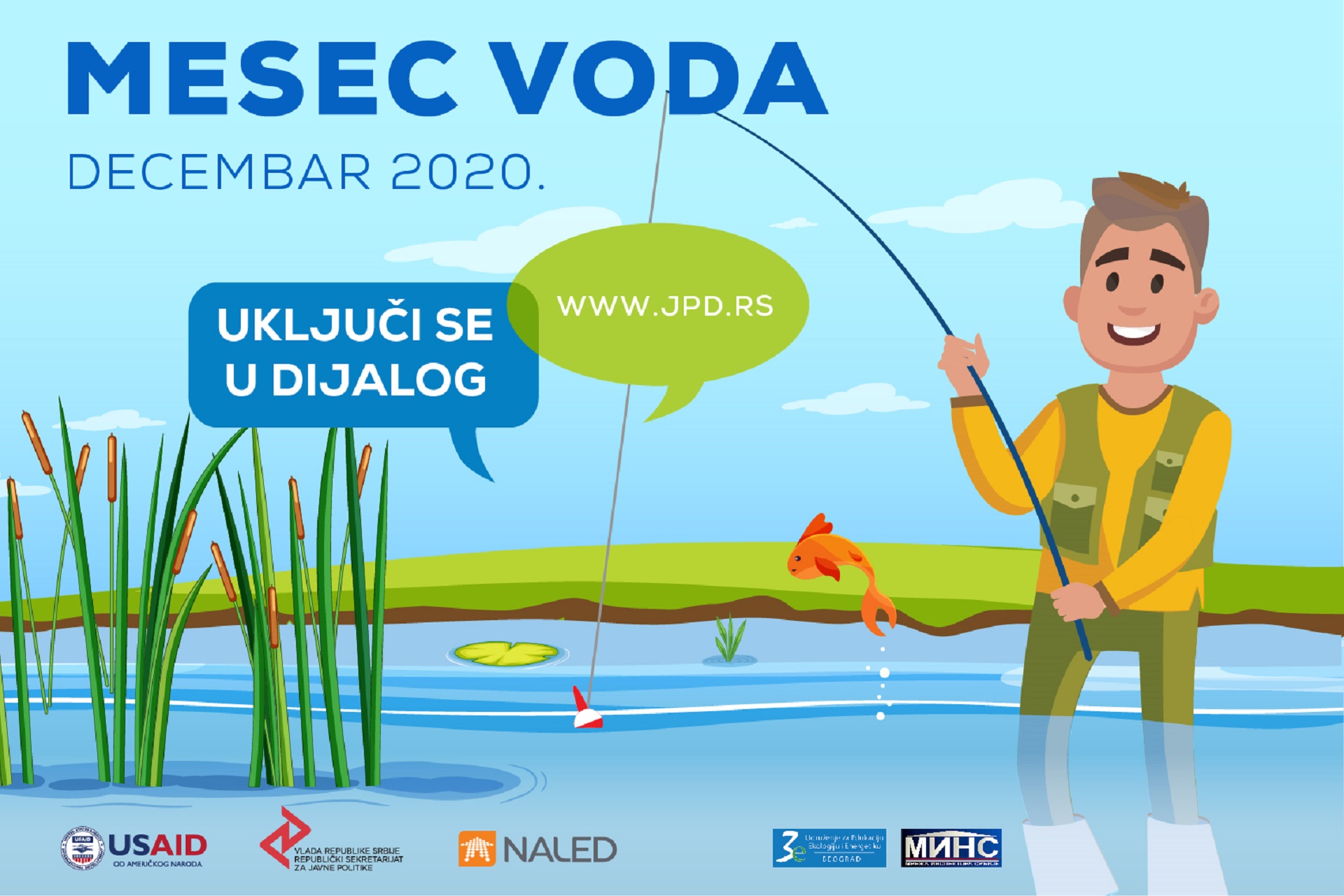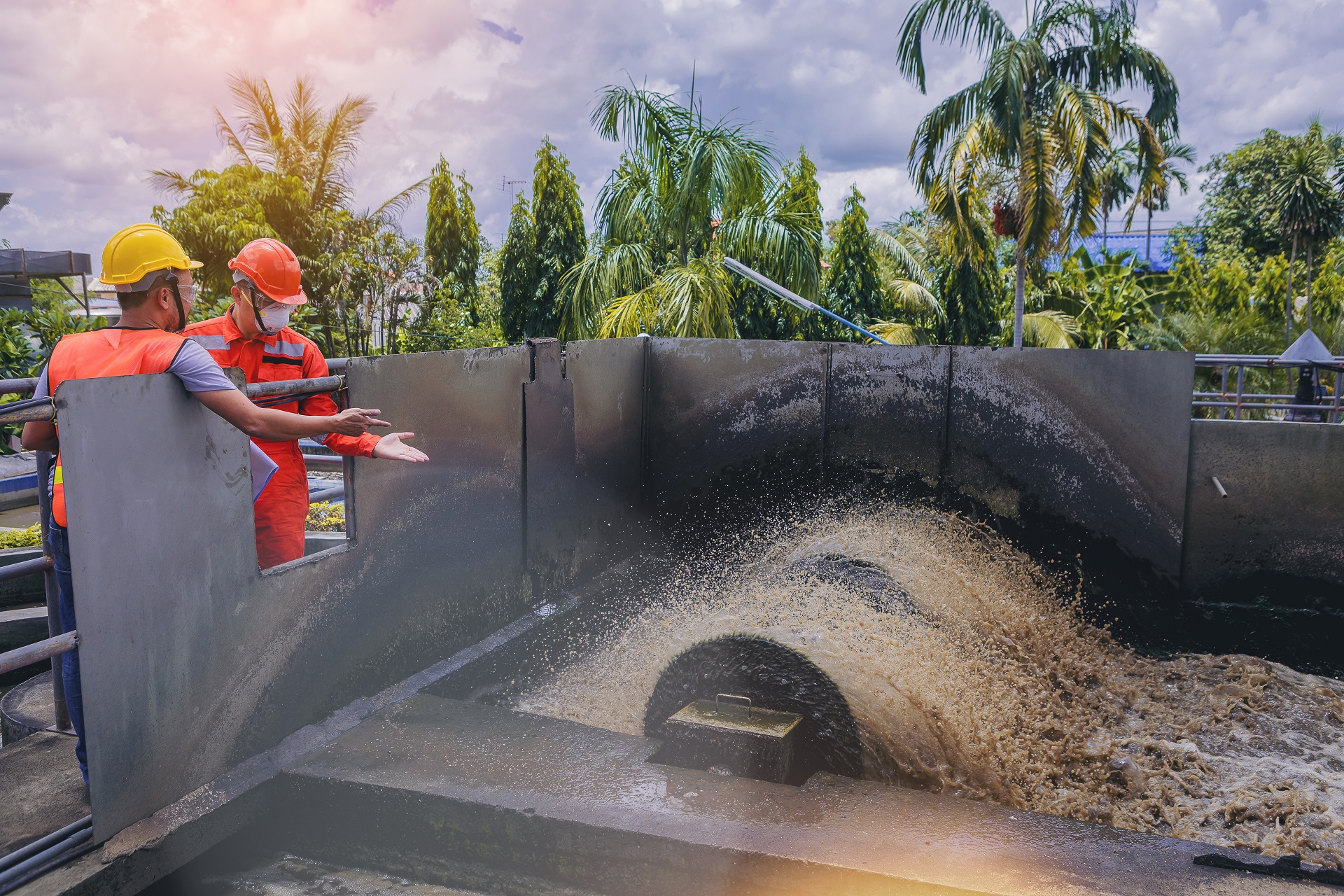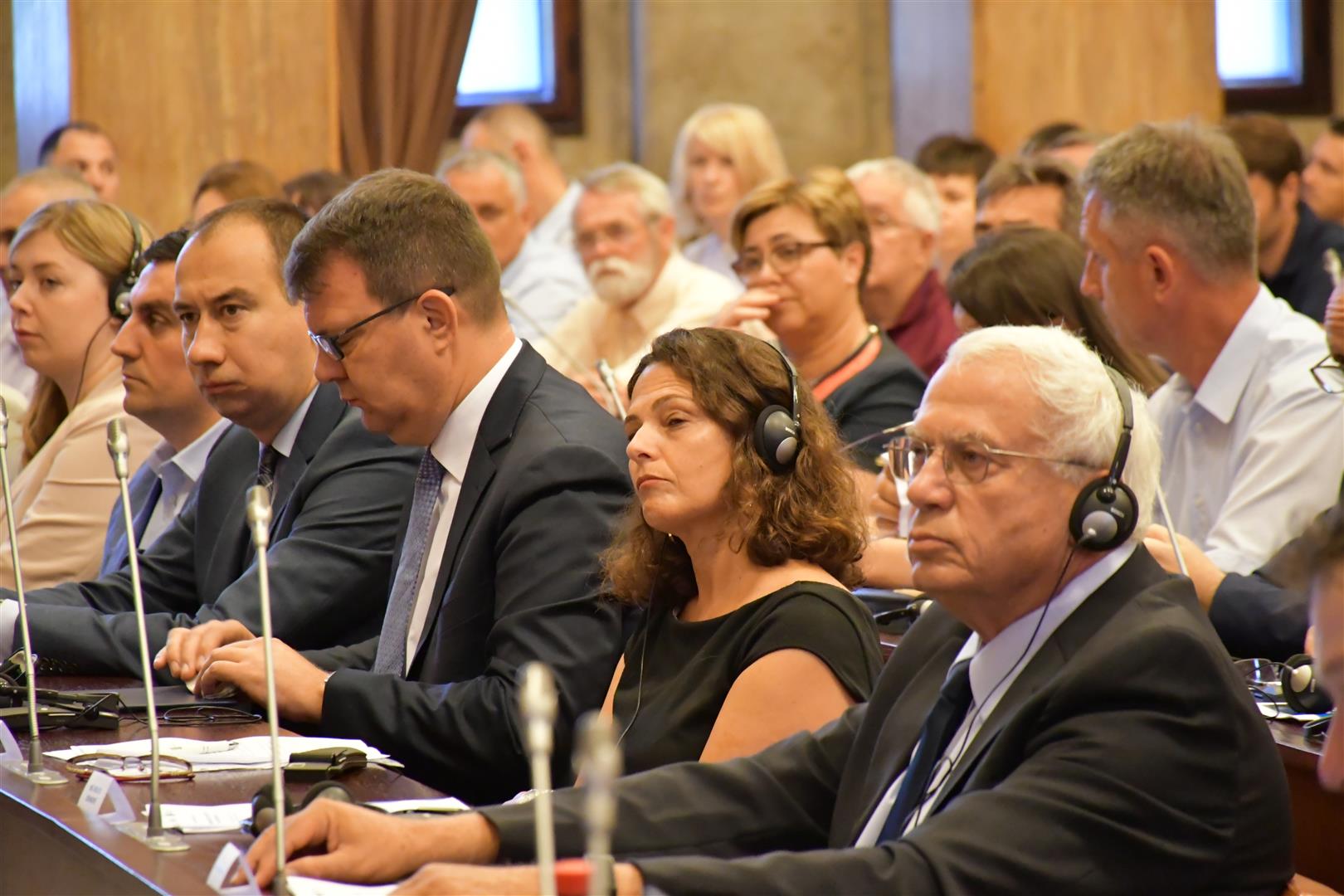NALED podcast # 2: Who takes care of water in Serbia?
Although the myth of Serbia's water wealth has survived for years, the truth is different. In addition to the fact that we do not have this resource in sufficient quantities, the fact that our country has been purifying the same amount of water of only 8% in the last seven years is further worrying. This was said during the second NALED podcast "Who takes care of water in Serbia".
- Only three cities have complete treatment facilities, while the largest cities such as Belgrade, Nis and Novi Sad do not have any. In Belgrade, there are only over 180 direct industrial and communal discharges into rivers, and in the neighborhoods near the city center, the sewage network has not been resolved. The Ministry announced the construction of 28 new treatment facilities, which will be financed by the European Central Bank. It will be a big step forward in wastewater disposal - said the Head of the Environment Unit at NALED, Slobodan Krstovic.
He also stated that at the global level, almost a billion people do not have access to drinking water every day, and that is why we must not end up in a situation where water becomes a privilege.
An example of good practice for all local governments could be the city of Sabac, which, according to Olivera Kikanovic, a member of the Network of Inspectors of Serbia, was given the opportunity in 2007 to implement a construction project worth 18.2 million euros with the help of European funds. "17,000 cubic meters of water are purified daily in the Sabac facility, while 5,000 tons of sludge are generated annually, which is disposed of in accordance with the law. The plan is to use the sludge to obtain electricity in the future," said Kikanovic.
On the other hand, an example of an environmentally responsible business entity comes from Carnex. According to Tatjana Miljanic environmental management assistant, nine years ago Carnex built its facility that purifies 2,300 cubic meters of water a day and returns cleaner water to the Veliki Backi Canal than the watercourse itself receives.
When it comes to sanctions, Inspector Kikanovic pointed out that misdemeanor, criminal and charges for economic offenses are envisaged, and that the fines can amount to up to 3 million dinars.
According to the data from 2018, 4 criminal and 88 misdemeanor charges were recorded. This is another indicator of the unsatisfactory position of republic inspectors. In this regard, the interlocutors were unanimous in the view that 6 inspectors cannot work adequately on solving the problem of wastewater. One of the solutions would be to lower jurisdiction from republic to local inspections.
Other recommendations concern education and raising environmental awareness when it comes to business entities, but also providing financial and administrative support to local governments in overcoming wastewater problems.

